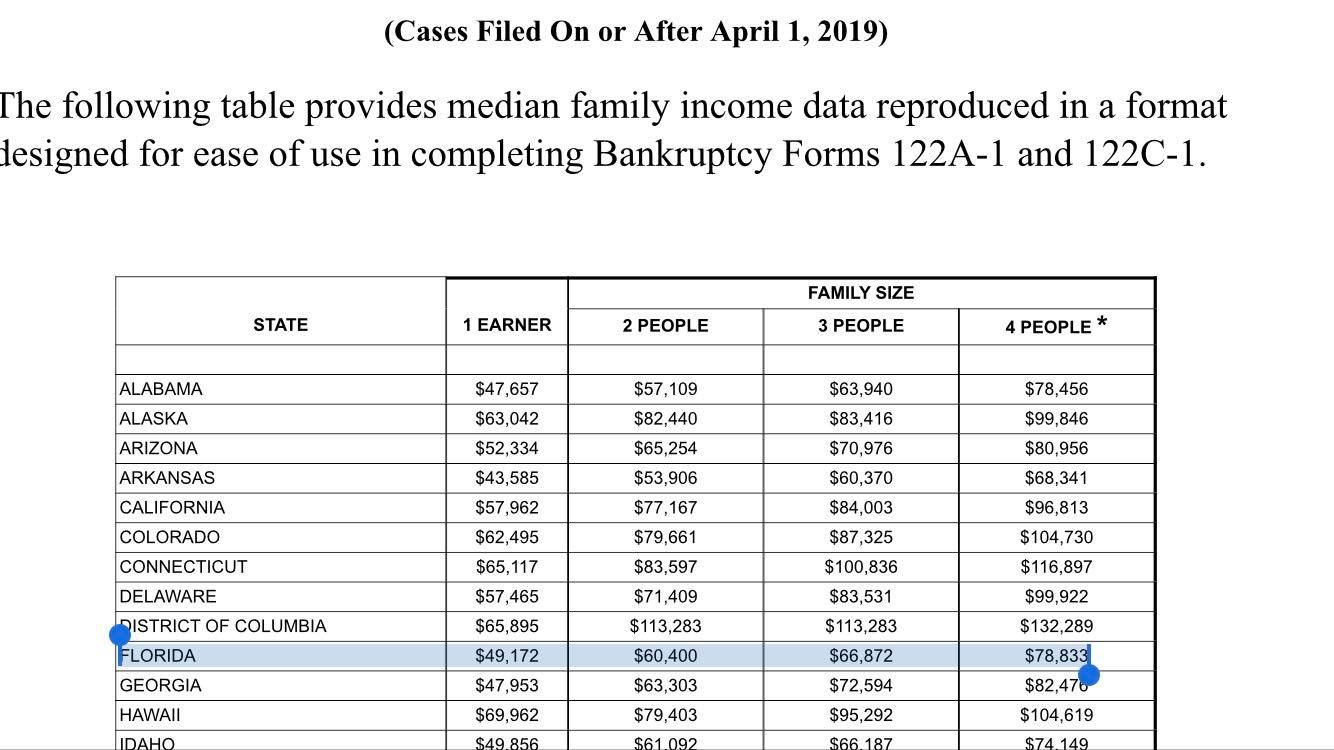Are you looking down the barrel of an arbitration clause in your consumer/creditor agreement? I’ve posted before (Arbitration Clauses in Consumer Contracts – How to Avoid Being Thrown out of Court) on some local case law here in Florida to help avoid arbitration clauses – but here’s a new case in the consumer’s favor in Bankruptcy Court for the Middle District of Florida.
The Bankruptcy Court ruled that an arbitration clause did not constrain the court’s contempt powers, “[w]ords in a consumer agreement cannot deprive the bankruptcy court of the inherent power to enforce compliance with an injunction.” Verizon Wireless Personal Communications, LP v. Bateman, No. 14-5369, Adv. Pro. No. 18-1394 (M.D. Fla. Sept. 24, 2019).
So if you’re in bankruptcy, or had a previously filed one that you can reopen (without a filing fee), challenge the arbitration clause in bankruptcy – you may be much more likely to win!
 Reboot Your Life: Tampa Student Loan and Bankruptcy Attorney Blog
Reboot Your Life: Tampa Student Loan and Bankruptcy Attorney Blog





